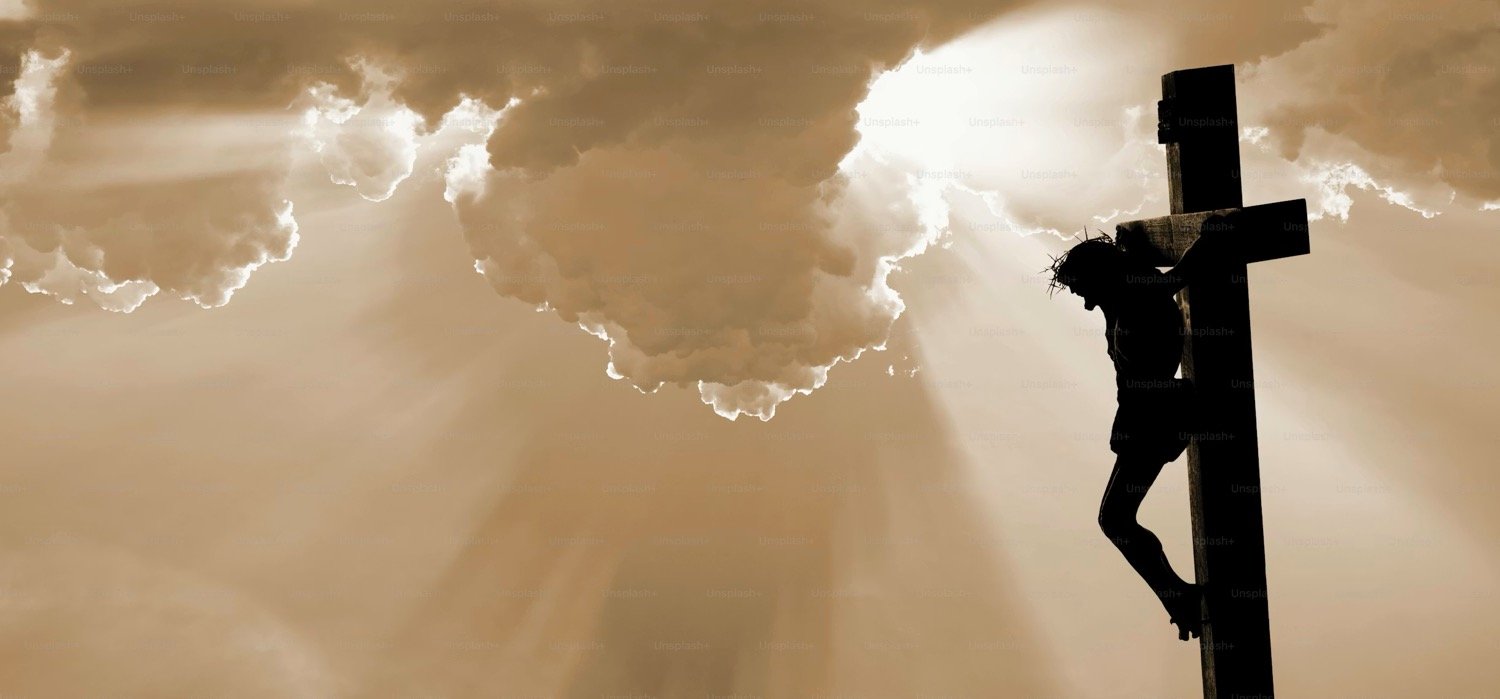Readings for today: Psalms 121, 123-125, 128-130
Psalms of Ascent. Many believe these were the songs Israel sang as they ascended to Jerusalem to keep the three annual festivals detailed in Deuteronomy 16. They are songs of worship. Songs of praise. Songs of thanksgiving. They express the deep gratitude the people feel towards God for all He has done for them. They sing them together. They sing them as they gather. One can almost imagine thousands coming to Jerusalem all singing these songs with one voice. It must have been a powerful, moving scene. In addition, many scholars believe these were the songs Israel sang at different high points in their history like the dedication of Solomon’s Temple or the rebuilding of the walls during Nehemiah’s time. Over and over again, Israel returned to these psalms to express their faith and trust in God.
Christians have built on this tradition of worship. Many churches throughout the world sing these psalms in worship. The Eastern Orthodox Church sings these psalms every Friday during Vespers. The Roman Catholic Church in the west schedules these psalms to be sung during daily prayer. The goal is to remind Christians we are on our own pilgrimage to a Heavenly Jerusalem and these psalms build the spiritual intensity of the worship service as we prepare for the reading of the gospel. It’s a powerful thing to experience especially as we prepare for Easter.
Today we find ourselves reading these psalms on Holy Saturday. We’ve walked in Jesus’ footsteps from his triumphal entry into Jerusalem to his last supper with his disciples to the crucifixion. Now his body lies in a tomb. The earth is dark and silent. The light of Christ has not yet dawned. But still we Christians sing. For we know things are darkest just before the dawn. We know what glory awaits us tomorrow morning! So we cry out with the Psalmist and all of God’s people, “I lift up my eyes to the hills. From where does my help come? My help comes from the Lord, who made heaven and earth.” (Psalms 121:1-2) “To you I lift up my eyes, O you who are enthroned in the heavens! Behold, as the eyes of servants look to the hand of their master, as the eyes of a maidservant to the hand of her mistress, so our eyes look to the Lord our God, till he has mercy upon us.” (Psalms 123:1-2) “Those who trust in the Lord are like Mount Zion, which cannot be moved, but abides forever. As the mountains surround Jerusalem, so the Lord surrounds his people, from this time forth and forevermore.” (Psalms 125:1-2) Brothers and sisters, something happens to us when we gather together to sing God’s praises. Something transformative. Something life-changing. Death has been defeated! Sin’s reign has been broken! Evil will not win for Christ has risen! He has risen indeed!
This is the heart of why we worship. This is why gathering weekly with a community of believers is so vital to the Christian faith. Yes, I know many of us worship Jesus daily on our own. Yes, I know many of us experience Jesus profoundly as we hike or hunt or spend time in nature. But neglecting the worship of God with the people of God places us at risk. It places us out of step with thousands of years of Christian history. It places us out of step with the will of God as revealed in Scripture. It’s frankly arrogant and prideful and foolish to claim we don’t need the church. God loves His bride. God loves His children. God loves having His family together. God loves hearing His people sing. God loves meeting His people in the sacraments. God loves teaching His people through His Word. Jesus said, “For where two or three are gathered in My name, there am I among them." (Matthew 18:20) The Living Christ making His dwelling yet again among us.
Readings for tomorrow: None




